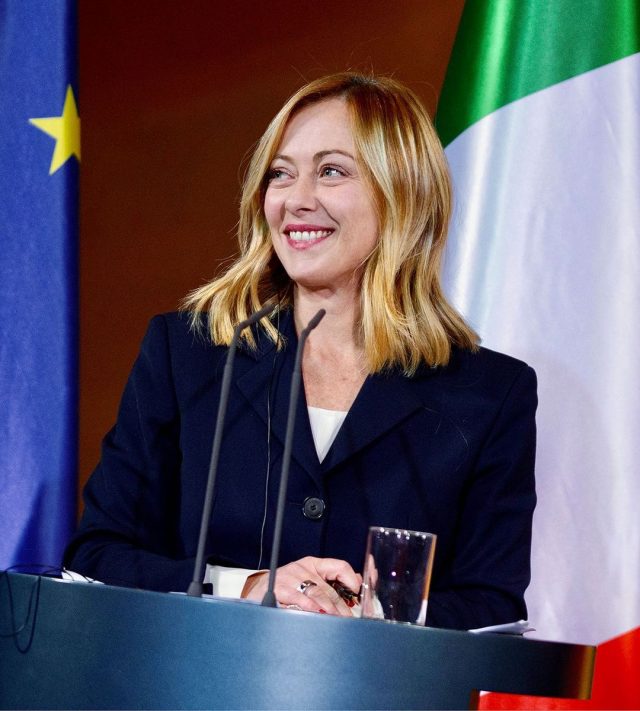
One billion euros for renewable energy in Puglia
An important step towards the energy transition was marked by the signing of a trilateral agreement between Italy, Albania and the United Arab Emirates, aimed at creating a renewable energy infrastructure. The announcement was made by Albanian Prime Minister Edi Rama during the Abu Dhabi Sustainability Week, underlining the importance of an ambitious project that will connect the two sides of the Adriatic thanks to a submarine cable. The infrastructure, estimated to be worth one billion euros, will be operational by 2026 and represents a crucial piece in the panorama of European policies on clean energy.
A strategic energy connection
The heart of the project is a submarine electrical connection between Vlora, in Albania, and the Puglia region, in Italy. This infrastructure will allow renewable energy produced in Albania to be transported directly to Italy, supporting the country’s energy needs and contributing to the European Union’s 2030 objectives. As highlighted in the official press release, the agreement aims to develop gigawatt-scale renewable energy projects, using photovoltaic, wind and hybrid technologies with battery storage. The project, which will be supervised by a joint venture between the Italian operator Terna, the Albanian energy company Korporata Elektroenergjitike Shqiptare and the National Energy Company (Taqa) of the United Arab Emirates, aims not only to strengthen international cooperation, but also to diversify Albania’s energy mix, making it a regional energy hub.
A partnership that looks to the future
This trilateral agreement is the result of a collaboration that began last November, during COP29, with the preliminary agreement between the Emirati group Masdar and Albania. The strategic partnership aims to build and operate energy projects in Albania, turning it into a benchmark for clean energy production. A significant portion of the energy generated will go to Italy, providing an opportunity to further diversify energy supply sources and reduce dependence on fossil fuels.
Meloni: “A project that unites and looks to the future”
Italian Prime Minister Giorgia Meloni expressed satisfaction with the agreement, calling it a tangible example of how international cooperation can overcome geographical barriers. “This project demonstrates that collaboration between governments and the private sector can produce concrete results, contributing to sustainability and energy security,” she said. In her speech at the Abu Dhabi Sustainability Week, Meloni also addressed the broader issue of energy transition. She reiterated the importance of developing a balanced energy mix, which includes not only renewable energy but also gas, biofuels, green hydrogen and, in the future, nuclear fusion. The latter, according to the prime minister, represents a potential historical turning point, capable of transforming energy from a geopolitical tool into a democratic and accessible resource.
A project that strengthens ties between countries
In addition to the technical and strategic aspects, the agreement also has a symbolic value, consolidating relations between Italy and Albania. During the event in Abu Dhabi, there was no shortage of light-hearted moments: Albanian prime minister Edi Rama joked with Meloni, kneeling in front of her to wish her happy birthday and giving her a scarf made by an Italian entrepreneur living in Albania. This gesture underlines the friendship between the two leaders and the importance of ties between their respective countries.
Towards a more sustainable Europe
The agreement is part of a broader context of European policies for sustainability and the fight against climate change. The new European law on renewable energy, due in 2026, sets ambitious targets for decarbonisation, and initiatives like this one make a significant contribution to achieving these goals. The combination of expertise and resources from three different countries highlights how international cooperation can become a key pillar to address global challenges. The infrastructure between Albania and Italy represents a model of innovation and sustainability, combining advanced technology, strategic investments and a shared vision of a greener future. With the completion of the project within three years, Italy will not only secure a new source of clean energy, but will strengthen its role as a leading player in the European energy transition. Albania, for its part, will become a key energy partner, opening up new economic opportunities and contributing to the energy stability of the region.



 Subscribe
Subscribe